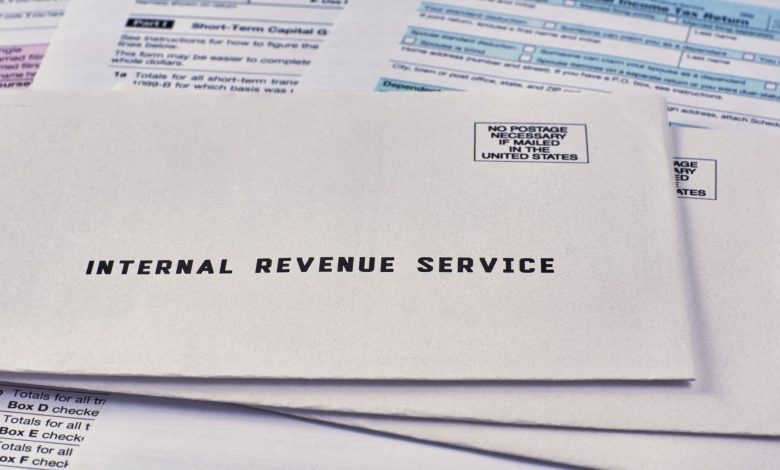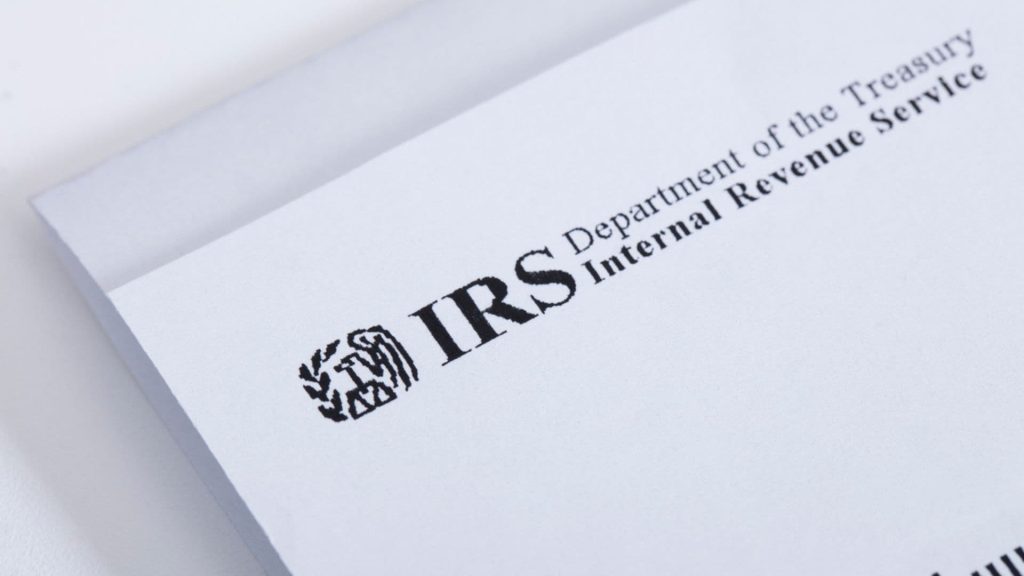
When checking your IRS refund status, you may encounter the dreaded IRS Reference Number 1242. This IRS Reference code can cause panic in taxpayers, but understanding what it means and how to respond can alleviate unnecessary stress. This article explains what IRS Reference Number 1242 means, why you might receive it, and the steps you should take if your tax return is flagged. It also explores common reasons for review, potential outcomes, and ways to prevent future flags.
Understanding IRS Reference Number 1242
IRS Reference Number 1242 is a code the IRS uses to indicate that a taxpayer’s return has been selected for review and further examination. This selection is often part of the IRS’s routine procedures to ensure the accuracy of reported income, expenses, and credits. Receiving this notification does not necessarily imply any wrongdoing or errors on the taxpayer’s part. However, it does mean that the processing of the return is temporarily frozen until the review is completed.
The IRS uses a variety of methods to select returns for review, including:
- Random Selection: The IRS conducts random reviews to maintain the integrity of the tax system.
- Computerized Screening: The IRS uses automated systems to flag returns with potential discrepancies.
- Information Matching: The IRS compares information on tax returns with information received from third parties, such as employers and financial institutions.
What to Expect When You Receive Reference Number 1242
Taxpayers checking their refund status may see the number 1242 when they access the “Where’s My Refund” portal. Reference number 1242 will likely be followed by one or more of these notes:
- Electronic (e-file) return received three or more weeks ago
- E Freeze
- In review (request for more info will be sent by Information Request Management)
The IRS will also send a CP05 Notice to taxpayers whose returns have been flagged for review. This notice officially informs the taxpayer that their return is on hold and under review. The notice may also request additional information from the taxpayer.

Responding to IRS Inquiries
It is crucial to respond to IRS inquiries promptly and provide all requested documentation. Taxpayers should aim to answer the IRS’s request within 30 days. Failure to respond or provide adequate documentation can result in adjustments to the tax return, potentially leading to additional taxes owed.
How to Avoid Receiving IRS Reference Number 1242 in the Future
While random selection is a factor in IRS reviews, taking steps to ensure accuracy can minimize the likelihood of your return being flagged. Some tips to help you prevent future issues include:
- File accurately: Report all income, deductions, and credits accurately and with supporting documentation.
- Double-check your work: Before filing, carefully review your return to ensure all information is correct.
- Consider professional assistance: If your tax situation is complex or you are unsure about certain aspects of your return, consider consulting a tax professional.
FAQs
Why is my return being reviewed?
The IRS reviews returns to ensure the accuracy of reported information and to prevent fraud. This does not necessarily mean there is an issue with your return.
I received a CP05 Notice and then a CP05A Notice asking for documentation. What if I fail to respond?
Failure to respond to these notices within the specified timeframe can lead to the IRS adjusting your return and potentially owing more taxes.
How can I avoid receiving an IRS CP05 or CP05A Notice in the future?
Keep thorough and accurate documentation to support the information on your tax return. Seeking advice from a qualified tax professional can also be helpful.